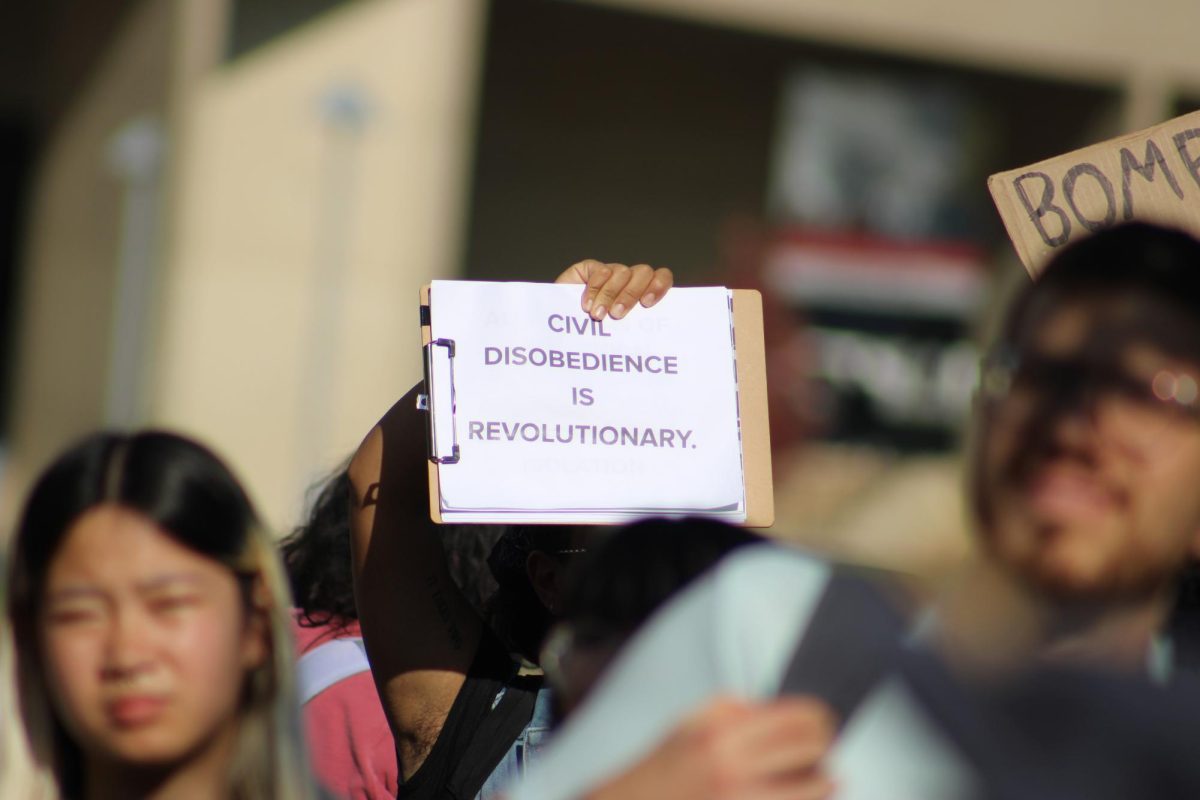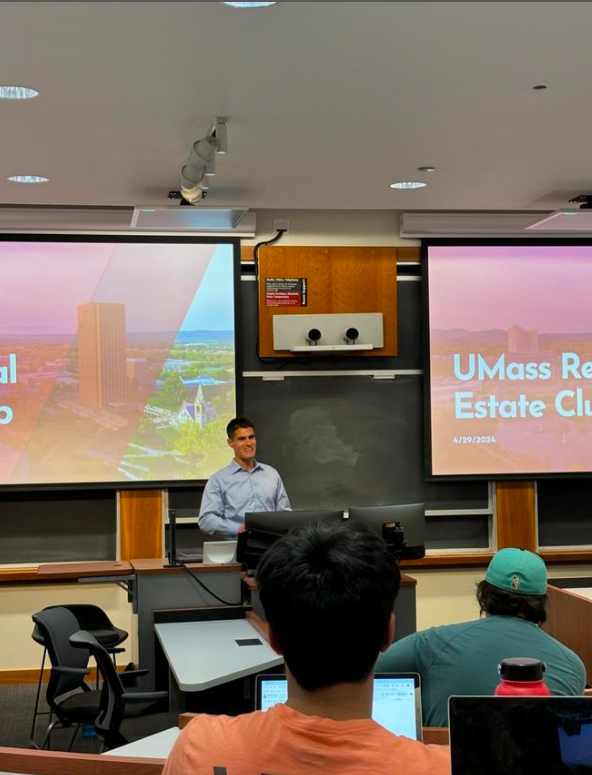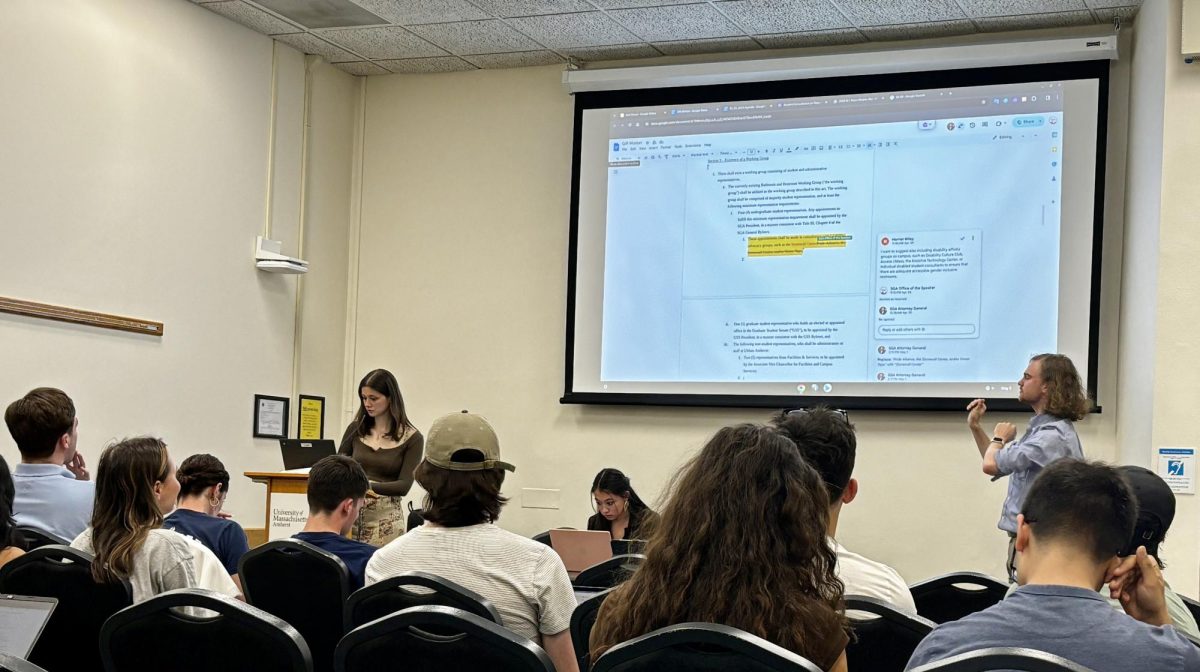Even after you wipe away the fickle, contrived clutter of surface politics in which our worthy presidential candidates are currently and perpetually engrossed, Americans remain starved of the discourse that they truly need and deserve.
Barack Obama is caught up in simultaneously defending and repudiating his boisterous avuncular reverend, realizing just now that vague rhetoric can’t last when you actually have to address real issues. An empty suit can be a symbol of hope for only so long. Despite how enamored supporters are with his pretty smile and eloquent quip, on paper he is nothing new.
McCain, decrepit and senile, is showcasing embarrassing gaffes in his supposed area of expertise, waxing nostalgic over the years when an air of unbending national greatness actually had political traction. As a virulent Republicrat, McCain certainly has the narrowest league of enthusiasts.
Hillary’s tired, depthless populism is probably an attempt to energize a rebirth of New Dealism, coupled of course with the intellectually bankrupt anti-Bush, pro-anything else outlook (apparently forgetting just how much she resembles her own sworn enemy). Lately, however, she sounds much less reminiscent of FDR than of the Wicked Witch of the West: “I’m melting! I’m melting!” Just quit already.
The utter failure of the Bush administration on almost every count is similarly characteristic of where our aforementioned candidates’ hackneyed, ineffectual agendas fall. After eight years of incompetence and war, aggrandized schemes and swollen government bureaucracies, many voters are left wary of over-management and distrustful of outlandish demagoguery.
Many voters, especially young students, have run to Obama for change, but not even the impassioned beacon of hope can escape the inevitable “lesser evil” excuse predictably thrown about in contemporary political conversation. Polls show that voters feel increasingly detached from the two major parties and their apathetic pretext of “I’m voting for the candidate who sucks the least” is all too identifiable.
But all this doesn’t necessarily translate into the eternal unhappiness of disenfranchised voting blocs. Nick Gillespie and Matt Welch predicted in the March edition of Politics Magazine a “glorious future” emerging from the bipartisan “channeling [of] shopworn agendas and tired identities to a body politic desperate for a new political era.”
They claim that current party politics are a “lagging indicator of American society” which has been growing increasingly free spirited and libertarian in nature due to the individualist technological consumerism of personal computers, web pages, and iPhones. They say “decentralization, niche markets and choice are the coin of this new realm” and “the political future belongs to those leaders – and parties – that figure out how to transpose this insight into the legislative world.”
They claim this distinctly libertarian, new age culture is a growing force in America and will have to be reckoned with by future politicians. And they’re not alone. The Washington Times recently editorialized that libertarians are the “new ‘It’ faction” in American politics. They point out its popularization in media and entertainment, citing TV show host Drew Carey, ABC anchor John Stossel, and South Park creators Matt Stone and Trey Parker as self proclaimed libertarians. Even the owner of Whole Foods Markets votes for the Libertarian Party.
Libertarians are a matchless, rather exclusive and as of yet thinly spread breed, but the mindset is deep-seated in a country where limited government and personal freedom are founding principles. The potential for this movement to continue to grow is tenable with an up-and-coming generation of individualized, consumer-driven, socially tolerant (potentially narcissistic) MySpacers, fed up with the failures of gigantic government and who generally have a problem with authority.
The ultimately futile presidential campaign of Ron Paul, who broke two fundraising records with mostly young, grassroots activists organizing spontaneously over the Internet is a potential window into the future, say Gillespie and Welch. A goofy guy whose slogan was “I don’t want to run your life, I don’t want to run the economy and I don’t want to run the world” garnered unexpected support within the youth bloc in the pre-Super Tuesday campaign.
Not in a million years would any one of the realistic candidates for 2008, or even 2012 or 2016, even pretend to harbor such a modest, libertarian ambition for the presidency. They propose the opposite on every count. Problems with healthcare? The government can help. Upset over Katrina? More government, please. Combat terrorism? May I have another?
Perhaps future politicians will learn to catch up to what is trendy in American culture and quit lagging behind with the same old let-the-government-nurse-your-diaper-rash political philosophy. Rumbling beneath the shortsighted minions and disenfranchised constituencies of majority is a generation potentially susceptible to the candidate who most closely echoes the “Ron Paul rEVOLution’s” distrust of a one-size-fits-all, government-run life.
John Glaser is a Collegian columnist. He can be reached at [email protected]






